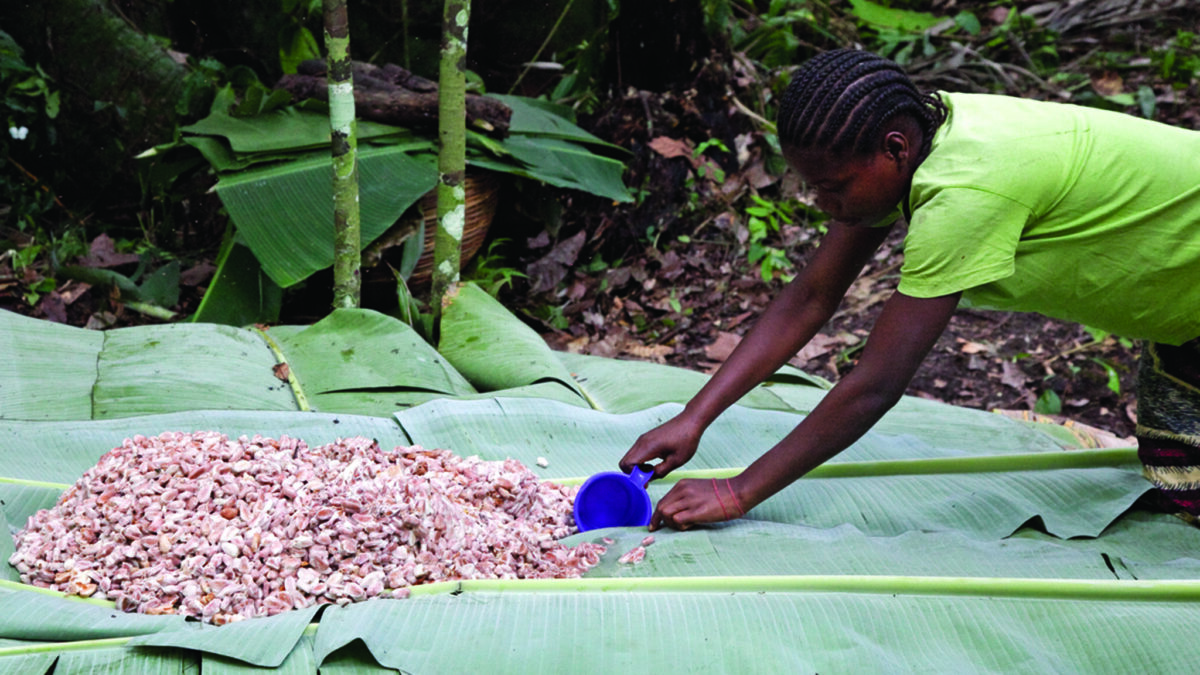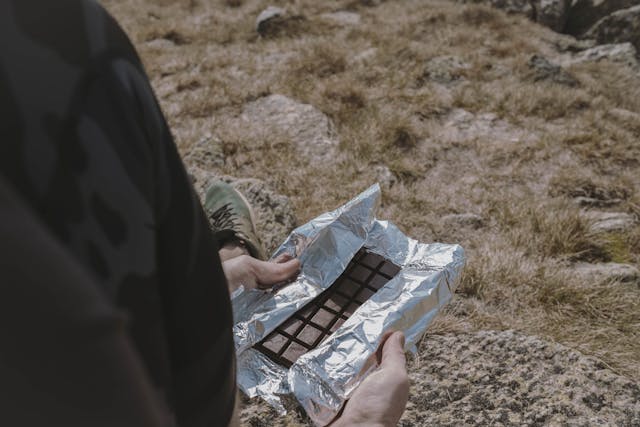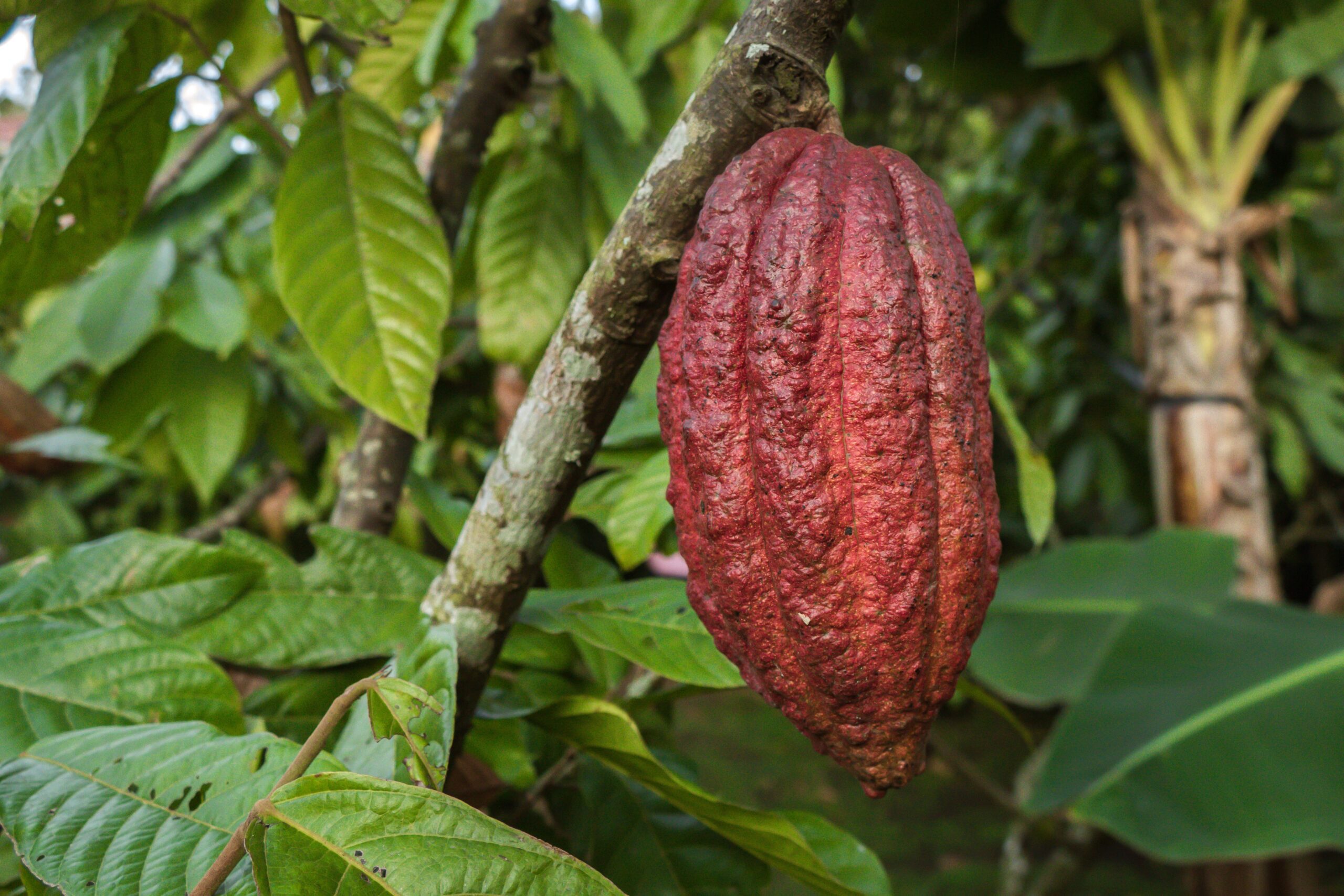
A Detailed History of Cacao From South America to Africa
February 17, 2022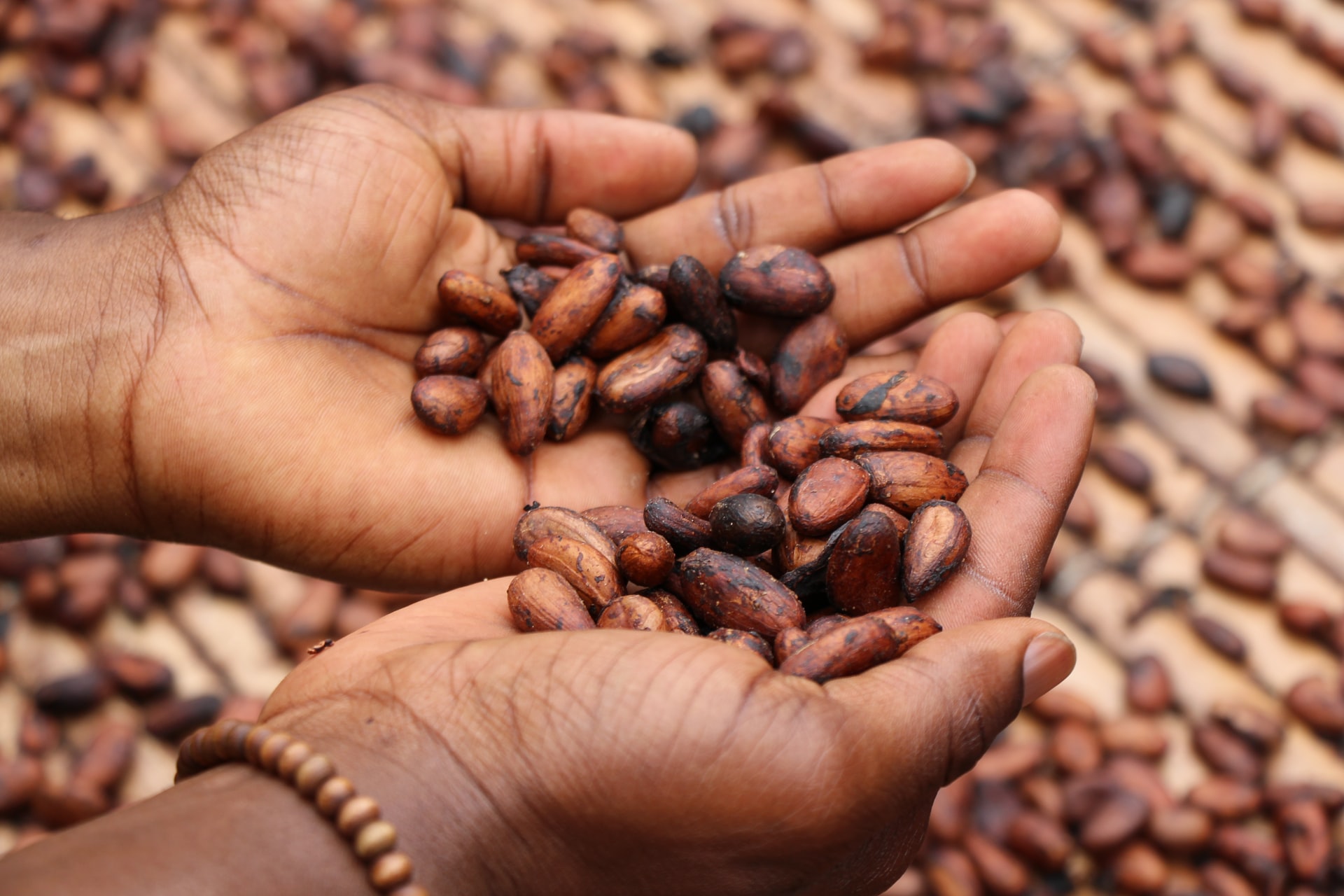
Cocoa in West Africa
May 2, 2022Hello World!
From our farm to your taste buds
After the scandal of child labor and modern slavery in the 2000’s, the chocolate lobby convinced angry regulators that the industry could fix the child labor issue by 2005.
Certifications, such as Fairtrade, UTZ, and Rainforest Alliance used to be perceived as great initiatives, but over the years they have become more of a marketing tool to bypass certain morals and put the consumer more at ease when in reality. Over 20 years later, not much has changed.
While global GDP has grown by 271% since 1990, the number of people living on less than $5/day has increased by more than 370 million. Confronting inequality is the only way to end poverty in a climate-constrained world.
Poverty-reduction relies on a fair distribution of our planet’s resources and not on the prospect of growth at the expense of our planet.
Bantu Chocolate isn’t about the pursuit of endless industrial growth while chewing through our living planet and threatening our existence but instead Bantu Chocolate is about nurturing our nature.
By cultivating our own Cacao on a land passed down through generations, and producing a tasteful bean-to-bar chocolate, we want to wash away the persistent negative stereotypes surrounding West Africa Cacao and show that there are quality-conscious makers committed to ethically sourced, traceable and high-quality beans.
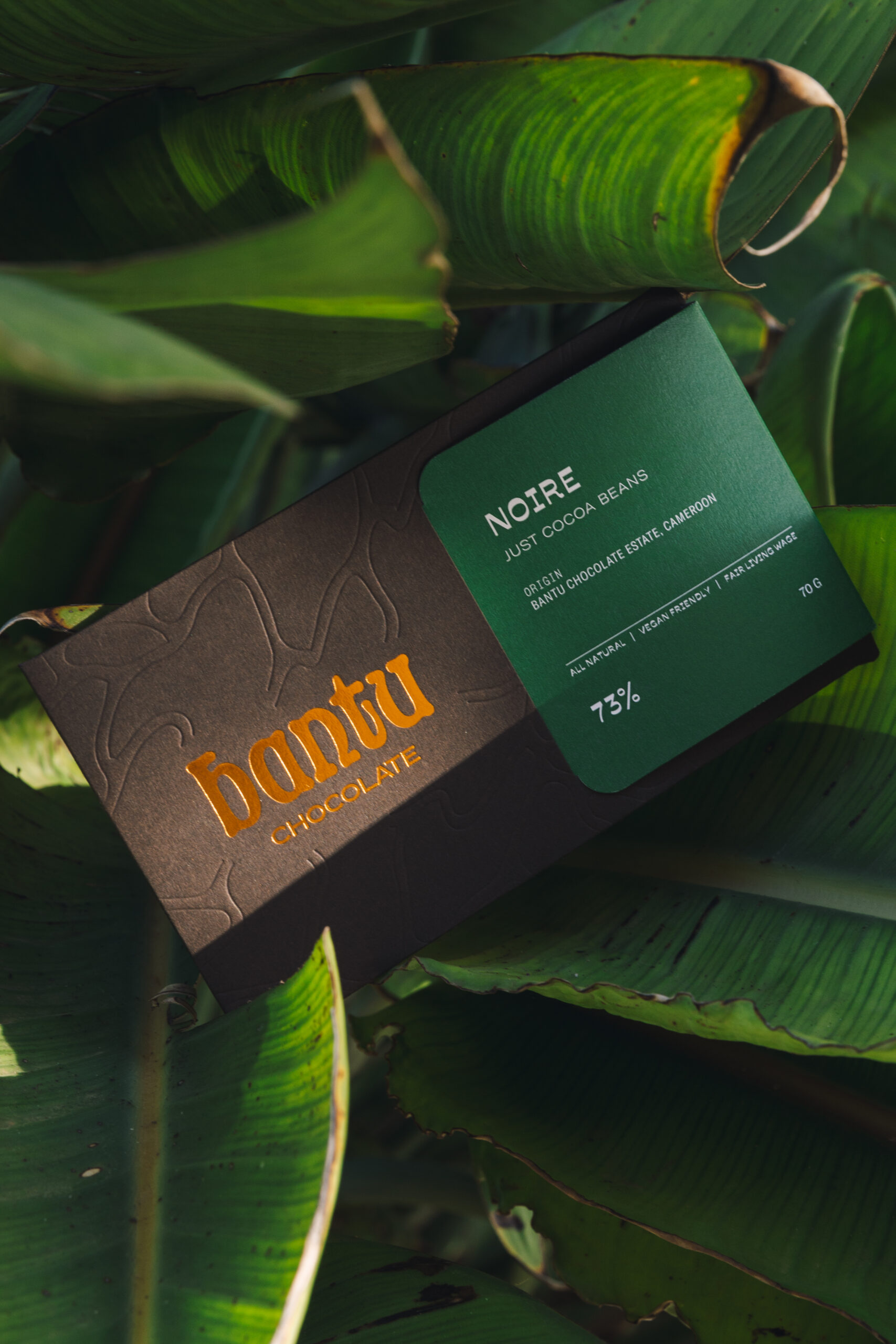
That is why at Bantu Chocolate, our farm is located in Cameroon, we make chocolate in London, and work hard to bring all the attention back to Cameroon and Africa as a whole by promoting children’s education and literacy in our village, creating employment opportunities as well as having a positive community impact by paying our collaborators a living wage.
This will empower and support local members of the communities to solve their problems by themselves and help to fill in the gaps in basic health, education, income generation, and hygiene improvements.

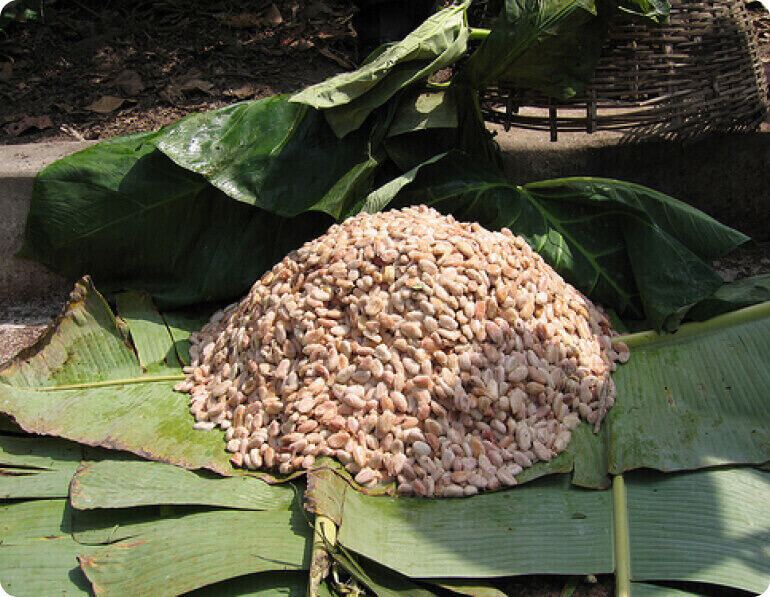
Chocolate Extinction: Fact vs. Fiction + What Chocolate Lovers Can Do
Chocolate ExtinctionFact vs. Fiction, What Consumers Can Do Share On Facebook Twitter Email Is the world really running out of chocolate? Not really. Currently the global […]
Corporate Chocolate Gifting Ideas to Appreciate Employees and Delight Clients
Corporate Chocolate GiftingHow to Appreciate Employees & Delight Clients Share On Facebook Twitter Email When it comes to corporate gifting, a one-gift-fits-all approach just doesn't cut […]
Cacao Supper Club at Home: Guide to Tasting Chocolate, Cacao Tea, and Pulp Juice
Cacao Supper Club at HomeGuide to Tasting Chocolate, Cacao Tea, and Pulp Juice Share On Facebook Twitter Email Imagine gathering around the table with a few […]


